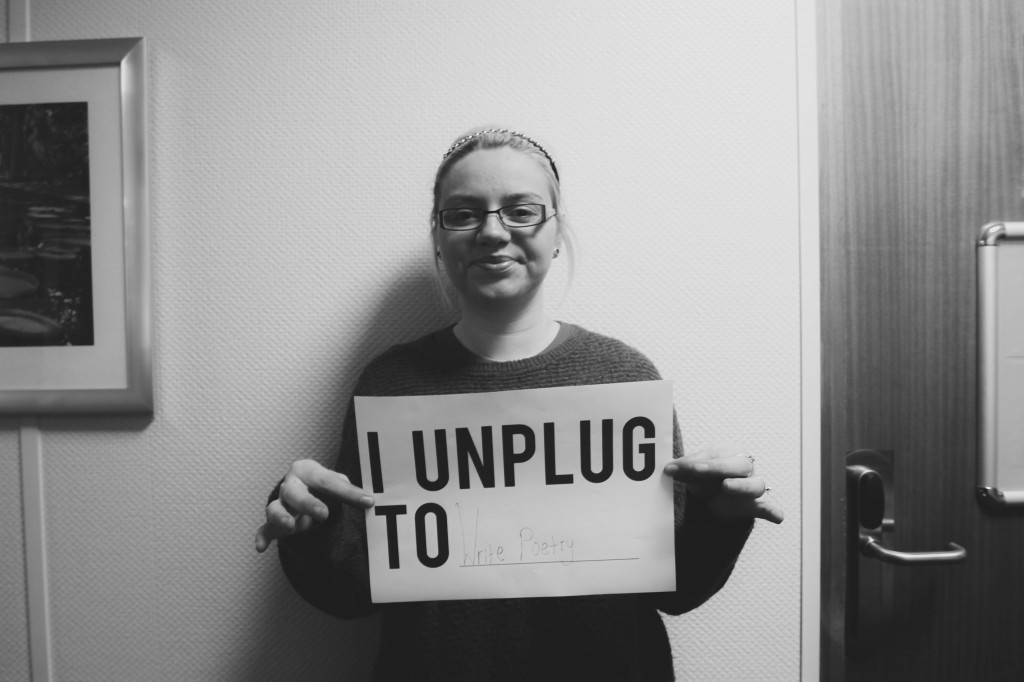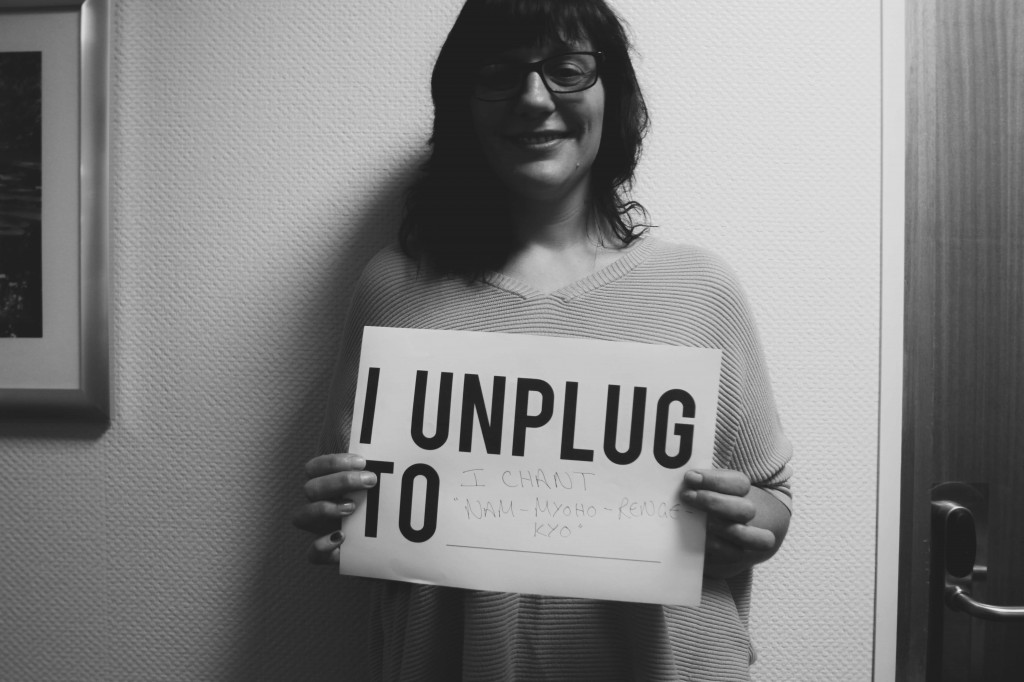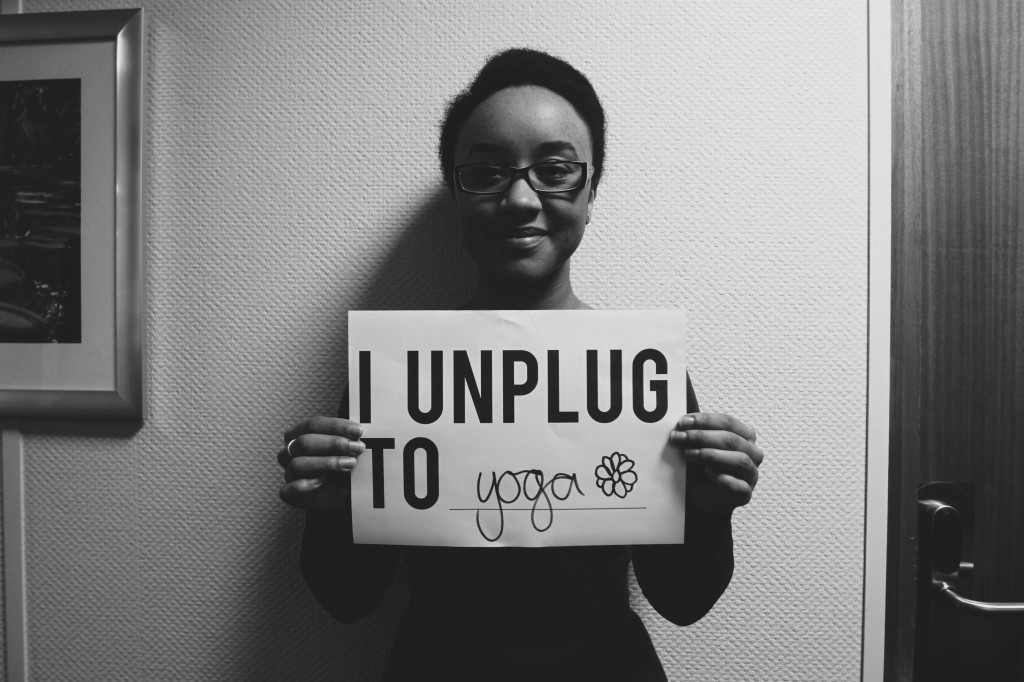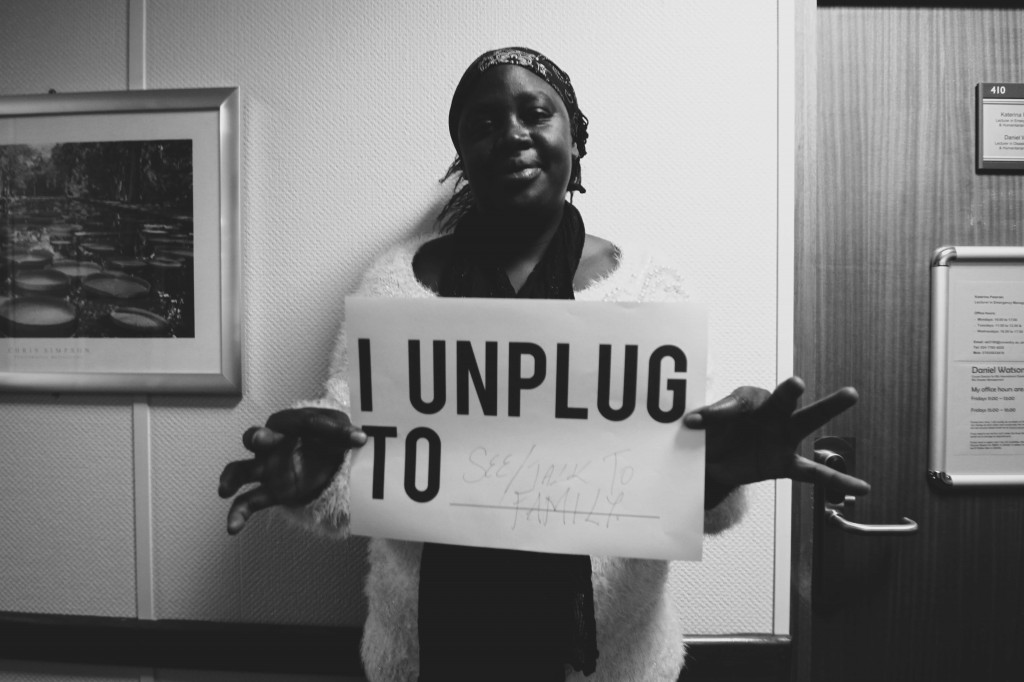Guest post by Dr. Christine Grant
People say: ‘I can’t switch off! My phone is my life’, ‘My manager expects me to respond straight away to emails’, ‘I can’t work properly if I can’t access my computer’.
It is clear that the ‘Always on Culture’ is affecting our lives on many different levels, from managing our boundaries through to checking email at any opportunity.
Changing working practices and technology developments have opened up the opportunity to be more flexible when we access work. In a recent UK survey of 4000 adults, over 55% indicated that they still check their work emails after they have left the office (AXA, 2018).
The Chartered Institute of Manager’s corroborate this finding indicating that that 59% of bosses also do this and that it can lead to stress, anxiety and depression.
It seems that many of us are now ‘sleeping with our smartphones’. Other research has advised that teenagers are particularly attached to their phones, with many finding it habitual and difficult to switch off, even when the consequences can be detrimental.
Apps have been developed, such as WhatsApp, Slack and Yammer, that allow instant messaging, whilst this can be favourable in terms of quick responses and decision making at work and in our social lives, it can also create yet another way that work interrupts our none-working lives. We again, feel the pressure to respond.
The impact of being ‘always on’ on our wellbeing now needs urgent consideration. Latest research has seen that reacting to the smartphone creates an atmosphere of being reactive and therefore, leads to a lack of recuperation from work for those in the workplace and/or social media. Too much social media has recently been associated with depression in teenagers and whilst positive aspects can also be seen, the negative impacts should not be ignored.
My own research indicates that boundaries between work and home can become very blurred, but this is not always a negative, for those with caring responsibilities, flexibility and the ability to work at different times of day can ease the pressure. Where this can be concern is if it creates pressure for other employees, who feel they need to respond, even if the message/email is received after normal working hours for them as individual. Managers in particular have a responsibility to set a good example and not email whilst on leave or make it clear that their team members do not need to respond.
Some organisations have taken the step further to close email at certain times of day and in France legislation has been introduced to try prevent workers from becoming burnt out. This strategy has some limitations regarding being truly flexible and it is clear that a one size fits all approach is not practicable.
Strategies for switching off:
- Avoid taking the phone to bed with you – sounds obvious but it is very distracting and may cause you to stay awake.
- Make clear boundaries between when you are available to work and receive/manage email/messages and when you will be off line.
- Restrict your use of social media to be less ‘always on’ but more manageable so checking at certain times of day and responding so that there is not a FOMO (fear of missing out).
- If you are a manager then be clear what you expect regarding out of hours email use.
My own research found that talking about how technology is used and developing self awareness really helped many of my interviewees. Thinking more about how you use your smartphone and sharing strategies with others may be a helpful way to manage your own compulsivity. There needs to be more guidance and polices for organisations to enable and support individuals to develop their own workable strategies.








Comments are disabled